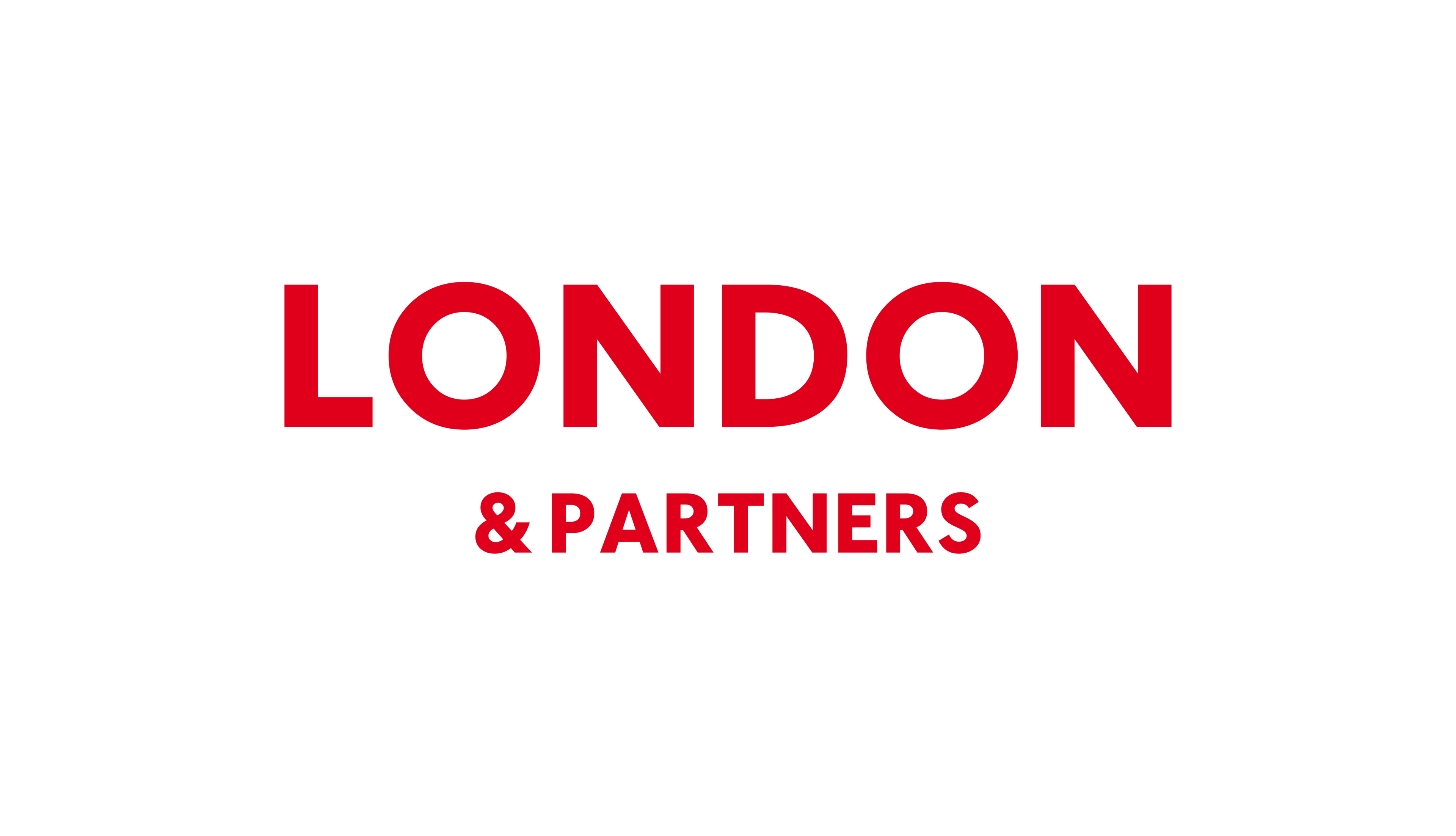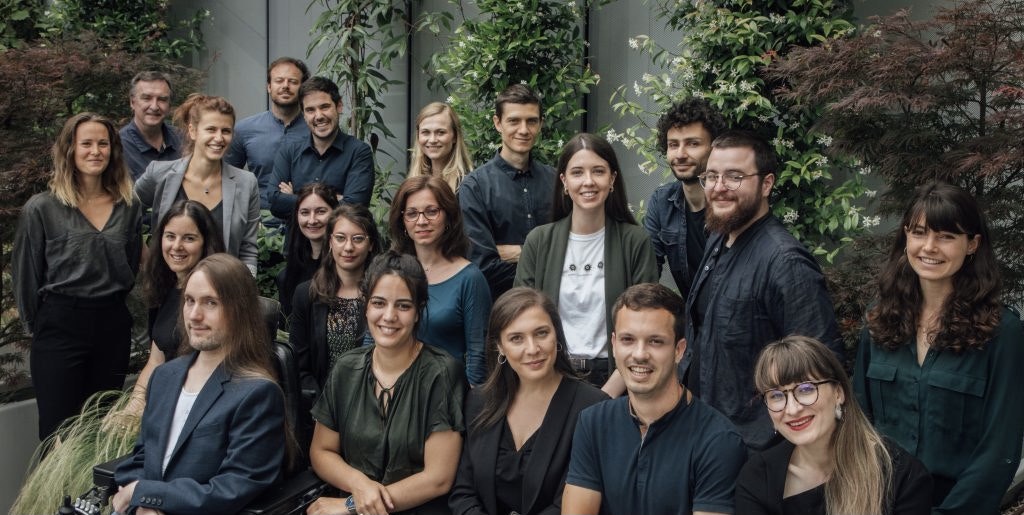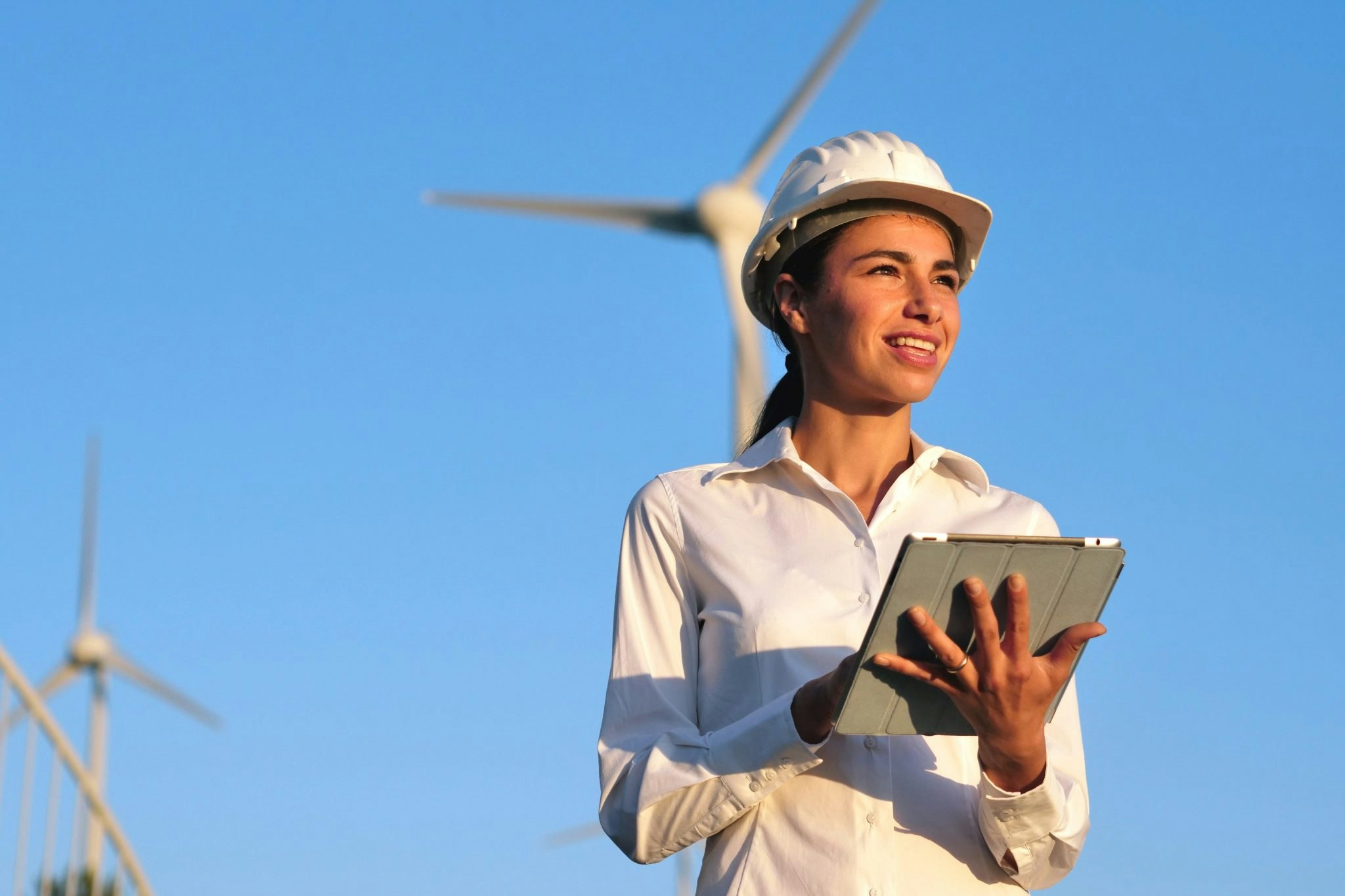A decade ago, investor interest in cleantech — or technology that helps fight climate change — boomed. But thanks to cheap oil, low public interest and slow governments, it was quickly followed by a bust.
But much has changed; investors are back and the cleantech sector is exploding.
“There’s a much greater sense of awareness across the political landscape, across the business landscape and indeed across the public at large,” says Lucette Demets, head of sustainability at business growth agency London & Partners. “That gets reflected into the investment community and where the opportunities are.”
There’s a much greater sense of awareness across the political landscape, across the business landscape and indeed across the public at large
We turned to the experts to see what’s different this time round. Will the sector’s explosive growth continue or is it heading for another bust? And will London be the city that takes the lead?
Investment has doubled
According to Demets, investment into climate tech in London alone has been growing 6.3 times since 2016, faster than the global average.
“So far investment into climate tech in the UK capital is at over a billion dollars in 2021, and that’s already reached the levels of 2020,” she says. “That’s a pretty significant rise both in value, but also a good indication of the volume of startups emerging in the sector.”
James Byrne is a partner at Sustainable Ventures, which he says is “the most prolific investor of early stage cleantech companies in the UK by number of investments”. He says investment has changed significantly over the last decade.
“Back in 2011 when we were founded, we were coming off the back of the financial recession,” he says. “A huge amount of money was invested into cleantech technologies and a lot of very large investors got stung. They lost lots of money.”
Now Byrne says the market is back — because of “political drivers, some policy changes and demand by customers”, but also because technologies like wind and solar have matured.
“The environment now for creating sustainable businesses is exceptionally good,” he says. “Investment is accelerating by the day and we are currently raising a £100m Sustainable Futures Fund to drive further growth.”
Customers are demanding change
While the climate crisis is not new, Demets says there has been a shift in awareness and intentions.
“It’s hard to get around all the impact we’ve seen from climate change over the last year with so many forest fires, flooding in areas where we typically wouldn’t have seen them to the extent that we have, raised temperatures,” she says. “10 years ago doing something for the climate was perhaps still seen as a nice thing to do, whereas now it’s quite clear it’s a must do.”
Veera Johnson, cofounder of Circulor, a startup that maps supply chains, says she has seen a significant increase in demand from the public to know the environmental impact of what they consume.
10 years ago doing something for the climate was perhaps still seen as a nice thing to do, whereas now it’s quite clear it’s a must do
“The first couple of years, we spent so much time educating the market, nobody believed what we were doing was possible,” she says. “Now consumer demand is expecting brands to behave better and to demonstrate the proof behind their bold statements.”
Governments are changing their tune
Johnson says politics has been a big driver — to investors and companies themselves — who are looking at legislation as a guide to see what’s needed in the market.
“The EU battery regulations, the transparency regulations, the executive order that Biden had at the beginning of the year around traceability,” she says. “All of that is starting to resonate with the market and companies are now listening.”
Sam Cryer founded Thermulon, a startup that produces aerogels to insulate houses more efficiently, in 2019. He says a lot of the interest in its technology has come from governmental bodies, many of whom have net zero targets.
If you compare us to an AI startup, we are high risk, because there’s a technical risk, there’s a scale risk, but we’re also significantly higher reward
“The early adopters that we’re seeing are sometimes the councils or the housing associations who have targets and are starting to investigate how they hit those targets,” he says.
Demets adds London has particularly ambitious targets.
“Lots of governments have made significant commitments following on from the Paris Agreement,” she says. “The Mayor of London has set an ambitious target for London to become a net zero carbon and zero pollution city by 2030.”
Physical problems need physical solutions
But while early-stage investment and interest is plentiful, Cryer says more investment is needed for scaling companies and for physical solutions — such as insulating materials — that are typically higher risk.
“There’s a lot of people that want to be in impact investment, but don’t want to take the risk that comes with impact investment,” he says. “If you compare us to an AI technology startup, we are high risk, because there’s a technical risk, there’s a scale risk, but we’re also significantly higher reward.”
Rozalie Ryclova, chief operating officer and cofounder of Thermulon, says this could be achieved through more partnerships, with governments or universities that can spin out innovation.
Demets agrees, adding government investment into infrastructure is also needed.
Johnson says: “In order to reach the targets, we really need both significant investment in infrastructure and energy transition but also scaling new and innovative technologies, products and services. Where more perhaps could be done is how to make sure we translate all those great policies and targets into tangible business opportunities.”
In addition to investment, Byrne says Sustainable Ventures also provides a range of specialist cleantech business support services, including providing coworking through its social enterprise Sustainable Workspaces.
Where more could be done is making sure we translate all those great policies and targets into tangible business opportunities
“We have curated the largest cluster ecosystem of sustainable businesses in Europe, and have a fast growing waiting list for our HQ at County Hall,” he says. “By the fact that they are together physically means they have similar customers coming through the doors, similar investors, they grow fast, they learn off each other.”
Cryer says Thermulon is part of this group of cleantech startups in London and that the community is invaluable.
“We’re really excited to be part of that ecosystem, which is a really valuable resource,” he says. “To meet other people who are working in cleantech startups, to get advice from people, to have that sense of community.”



